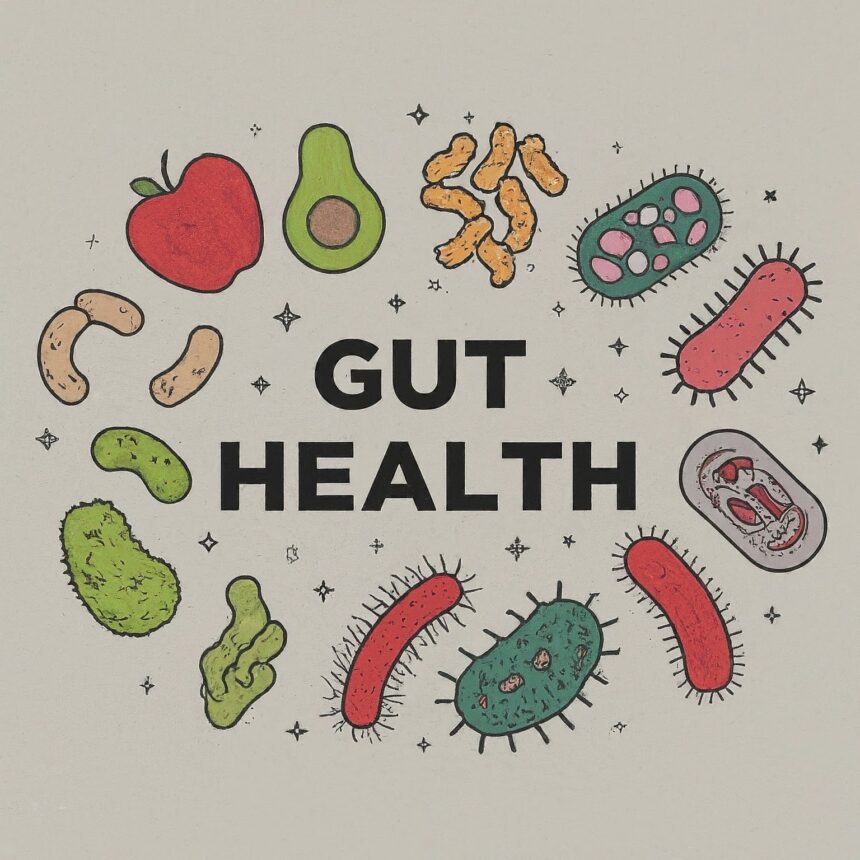Have you ever wondered why you feel sluggish after a greasy meal, or why stress seems to trigger digestive issues? The answer might lie in your gut health. Our gut, often referred to as the “second brain,” plays a crucial role in everything from digestion and immunity to mood and mental clarity.
What is Gut Health?
Gut health refers to the balance of microorganisms that reside in your gastrointestinal tract, also known as the gut microbiome. These microscopic residents, including bacteria, fungi, and viruses, play a vital role in various bodily functions. A healthy gut microbiome is diverse and teeming with beneficial bacteria that aid in digestion, nutrient absorption, and immune system function.
How Does Gut Health Impact Our Wellbeing?
The gut-brain connection is a hot topic in health research. Emerging evidence suggests a two-way street communication between the gut and the brain. The gut microbiome can influence the production of neurotransmitters, chemicals that regulate mood, sleep, and cognition. Conversely, stress and anxiety can negatively impact gut health.
Here’s how a healthy gut can positively impact your overall wellbeing:
Stronger Immune System: The gut is home to around 70% of the body’s immune system. A balanced gut microbiome helps fight off harmful pathogens and prevents inflammation.
Improved Digestion: Beneficial gut bacteria break down food particles and promote nutrient absorption. This can lead to better digestion, reduced bloating, and constipation.
Enhanced Mood and Mental Clarity: The gut microbiome is linked to the production of neurotransmitters like serotonin, which regulates mood and sleep. A healthy gut may contribute to improved mood, reduced anxiety, and better cognitive function.
Potential Weight Management: Gut bacteria may play a role in regulating metabolism and fat storage. A balanced microbiome may support healthy weight management.
Unlocking Your Gut Potential
The good news is that you can take steps to improve your gut health and unlock its potential for overall wellbeing. Here are some practical tips:
Eat a Fiber-Rich Diet: Fiber feeds the good bacteria in your gut. Aim for plenty of fruits, vegetables, whole grains, and legumes.
Consider Probiotics: Probiotics are live bacteria that can help replenish good bacteria in your gut. You can find them in fermented foods like yogurt, kefir, and kimchi, or in supplement form.
Manage Stress: Chronic stress can disrupt gut health. Practice stress-management techniques like yoga, meditation, or deep breathing.
Limit Processed Foods and Sugary Drinks: Processed foods and sugary drinks can harm gut bacteria. Opt for whole, unprocessed foods whenever possible.
Get Enough Sleep: Sleep is essential for overall health, including gut health. Aim for 7-8 hours of quality sleep each night.
By prioritizing gut health, you can unlock a path to a happier, healthier you. Remember, a balanced gut is a happy gut, and a happy gut contributes to a happier, healthier you!
















